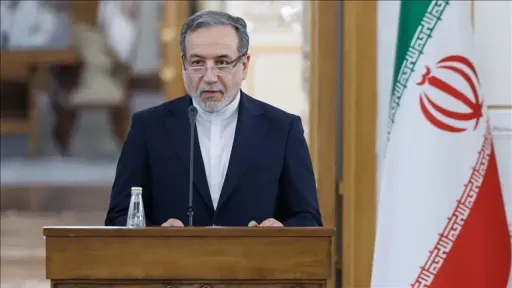Armenian Prime Minister Nikol Pashinyan has announced his resignation while retaining interim duties, formalising a parliamentary vote to be held June 20.
"I am resigning from my post as prime minister today" to hold the vote, he said in an announcement broadcast on his Facebook page on Sunday, adding that he would "continue to fulfil all the duties of the prime minister".
A few days after announcing snap parliamentary elections last month Pashinyan declared that he would resign in April in an effort to defuse a political crisis sparked by last year's war with Azerbaijan.
The Armenian prime minister had been facing calls to resign since last November when he agreed to a Russian-brokered ceasefire that halted six weeks of fighting between ethnic Armenian and Azeri forces over the Nagorno-Karabakh region.
Karabakh conflict
Political unrest erupted in ex-Soviet Armenia after Pashinyan in November signed a Russian-brokered ceasefire agreement with Azerbaijan that ended six weeks of fighting for control of the Nagorno-Karabakh region.
The army told Pashinyan to quit on February 25, prompting the prime minister to sack the chief of the army's general staff.
But Armenia's president declined to approve Pashinyan's move and the general's lawyer said on Thursday he remained in his post.
The standoff was a major challenge for Pashinyan, who was swept to power by protests in 2018 but has been under fire over his handling of the Nagorno-Karabakh conflict.
Under the November deal, Yerevan vacated swathes of territory to Azerbaijan and allowed Russian peacekeepers to deploy to regions it had controlled for three decades.
The enclave is internationally recognised as part of Azerbaijan but is populated and until recently was fully controlled by ethnic Armenians.
READ MORE: Turkey, Russia to start monitoring Karabakh truce as of Saturday
Pashinyan said he had been compelled to agree to the peace deal to prevent greater human and territorial losses.
Both anti-government protesters and Pashinyan's supporters have regularly taken to the streets in the months since.
Pashinyan said that if voters support him and his team, they will "continue to serve you better than before".
"If not, we will transfer power to whoever you select," he added.























